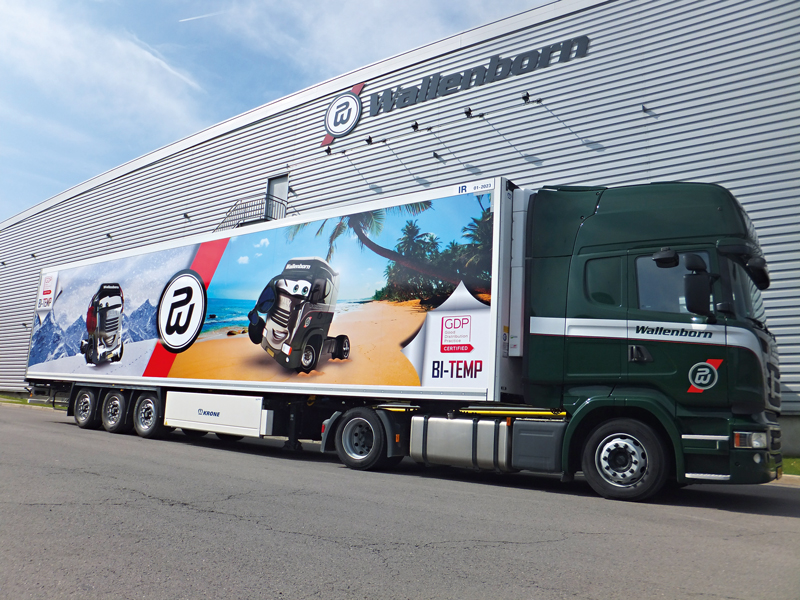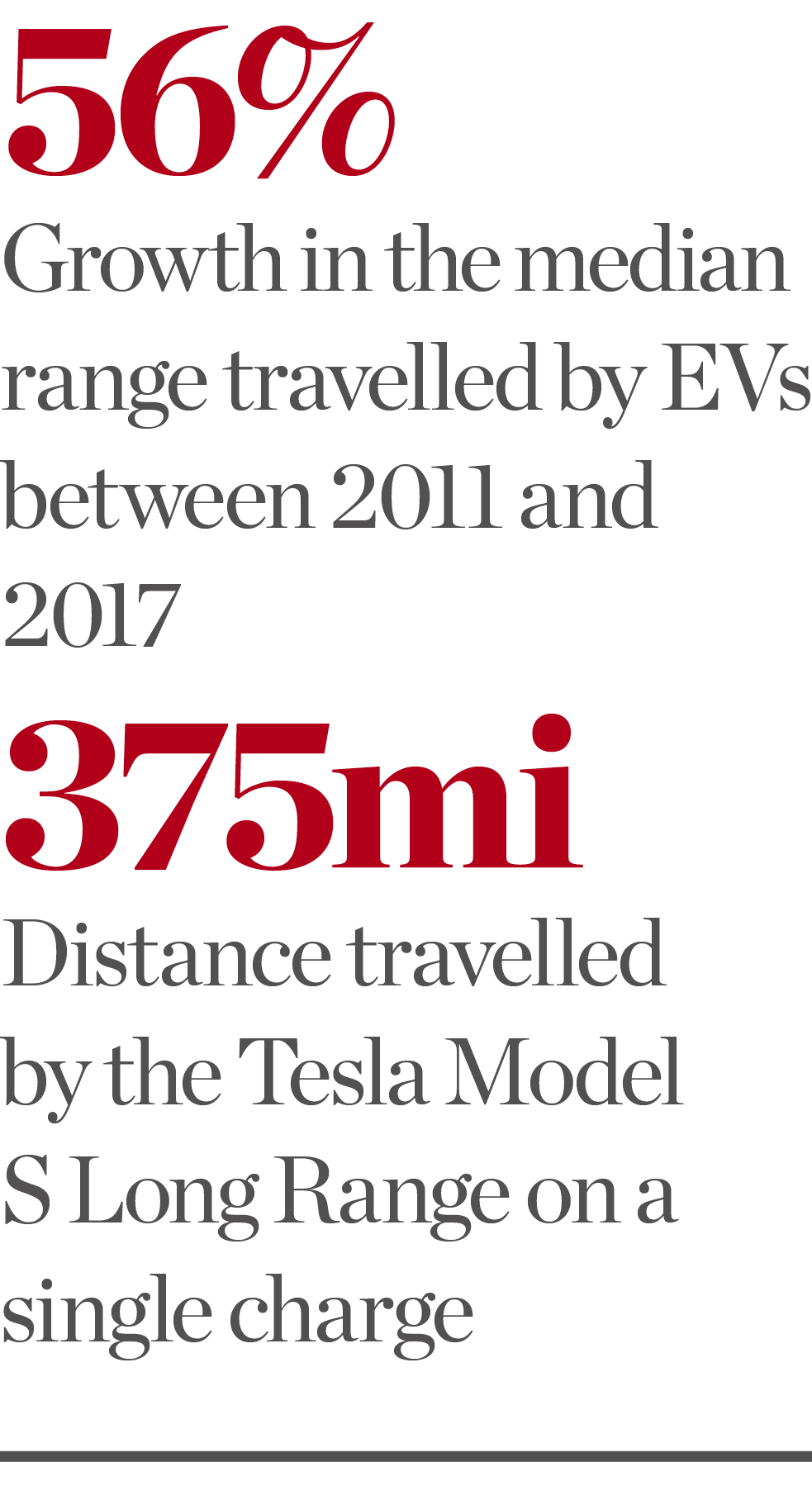
We are more connected than ever. Over the past 30 years, the rapid rise of globalisation has completely transformed the world economy, creating an increasingly interconnected trade network and fuelling the production of new goods and services. Like many other industries, the transport and logistics sector has benefitted enormously from globalisation, with the increase in international trade presenting lucrative opportunities for businesses to capitalise on. As transport and logistics companies enjoy the dividends of a thriving marketplace, it’s important to note that globalisation has only been possible at such scale due to the innovation and investment of these companies, whose forward-thinking vision has shaped the world of international commerce as we know it.
Just as transport and logistics companies were instrumental in creating this fundamental network of global trade, they continue to play an integral role in the international market. Transport and logistics remains a key cog in this complex system – without it, the entire ecosystem of trade would collapse. Over the years, the industry has grown and developed in line with the latest technological advances and evolving customer expectations.
Transport and logistics companies are facing unparalleled change, with exciting developments bringing opportunities and challenges. It goes without saying that digitalisation is transforming industries across the globe, and the logistics business is certainly no exception. From drones and driverless trucks to fully electric vehicles, the industry is heading towards a bright future, but companies must ensure they are ready to cope with rapidly changing customer demands and external economic shocks if they wish to stay one step ahead of their competitors in the years to come.
Driverless vehicles will not only provide a more environmentally friendly mode of transport, but they will also substantially reduce costs
Driving development
As digitalisation takes hold of the transport and logistics industry, new technology is rapidly reshaping the marketplace, affecting every stage of the supply chain and helping to cut costs and improve efficiency. In many ways, logistics is a prime industry for automation and the adoption of the Internet of Things (IoT). Successful IoT integration can have numerous benefits for logistics companies, including a reduction in transport delays, operator errors, the poor monitoring of cargo, IT failures and theft, while the effective use of big data can yield real-time automated insights.
Perhaps the most transformative technology to reach the industry is driverless vehicles. While the effective implementation of autonomous vehicles is still several years away, significant progress has been made in the field in recent years, with start-ups and established transport companies investing heavily in the technology, indicating that it will play a crucial role in the future of the industry. Elon Musk’s Tesla is certainly propelling this new technology forward and there is industry-wide interest in pursuing its development as it promises many advantages. Driverless vehicles will not only provide a more environmentally friendly mode of transport, but they will also substantially reduce costs while addressing the pressing issue of driver shortages. Further, autonomous vehicles will allow for the more efficient use of platooning – a technique in which vehicles travel in convoy to save fuel and lower emissions. This reduces the number of drivers required and, according to the North American Council for Freight Efficiency, offers fuel savings of up to four percent for the lead truck in a convoy of two and 10 percent for the vehicle in tow.
While it is likely to be another decade before driverless vehicles are a common sight on our roads, delivery drones are already in use in countries across the globe, including the US. The use of drones is extremely effective in improving delivery times and, with customers having grown accustomed to the express shipment of goods, could prove vital for companies looking to gain a competitive advantage over their peers.
Going green
In addition to the development of automated vehicles, one of the most exciting areas of progress for the transport and logistics industry is undoubtedly the growth of clean technology and, more specifically, the emergence of low-emission trucks and electric vehicles (EVs). In September 2015, the EU introduced Euro 6, the sixth incarnation of its directive to reduce harmful pollutants emitted by vehicle exhausts. At Wallenborn Transports, we have taken significant steps to reduce our carbon footprint and are proud to operate one of the greenest transport fleets in Europe as a result of continuous investment.

In 2017, we made a substantial investment in Euro 6 trucks; today, 100 percent of the Wallenborn-owned trucks that drive internationally are compliant with the EU’s Euro 6 emissions standards. This not only reduces the carbon footprint of our trucks and trailers, but also allows us to pass the savings onto our customers, as the cleanest trucks pay the lowest tolls on many of Europe’s roads. The next step for the industry will be electric trucks. Although conventional fuels are likely to remain trucking’s primary power source for some time – particularly for long-haul operators – EVs are well on their way to becoming the new normal. In fact, they could mark the biggest change in trucking equipment since the motor vehicle replaced the horse and carriage.
As EVs’ battery performance continues to improve and charging networks expand, consumers will begin to overcome range anxiety and will forget any fears that a battery cannot take them as far as a gas tank. Indeed, the median range for EVs grew by 56 percent between 2011 and 2017, and certain models, such as the Tesla Model S Long Range, can now drive more than 300 miles on a single charge.
Safer supply chains
New transport and logistics technology isn’t just having a positive impact on the planet, though: it is also saving lives by improving temperature-controlled supply chains. The World Health Organisation estimates that more than 50 percent of vaccines may be wasted globally every year as a result of temperature control and shipment-related issues. In recent years, significant steps have been made to improve standards, accountability and transparency in the pharmaceuticals and healthcare supply chain, with increased regulation looking to curb vaccine losses.
Good distribution practice guidelines are now ensuring higher-quality equipment and procedures are present at every stage of the supply chain, along with more complex monitoring to clamp down on counterfeiting. If a product is to be fit for use when it reaches a patient, the entire distribution network must comply with regulatory requirements. Earning the good distribution practice certification in 2013 was a major stepping stone in Wallenborn Transports’ mission to confidently serve pharmaceuticals clients.
According to the International Air Transport Association, pharmaceuticals product losses range between $2.5bn (€2.26bn) and $12.5bn (€11.32bn) annually, making distribution a vital area of focus in the years to come. Beyond these financial incentives, the safety of patients is of paramount importance, and an effective cold chain is essential to saving lives. At Wallenborn Transports, we are proud to provide reliable, temperature-controlled vehicles, and hope to build on our current successes as the industry moves forward.

